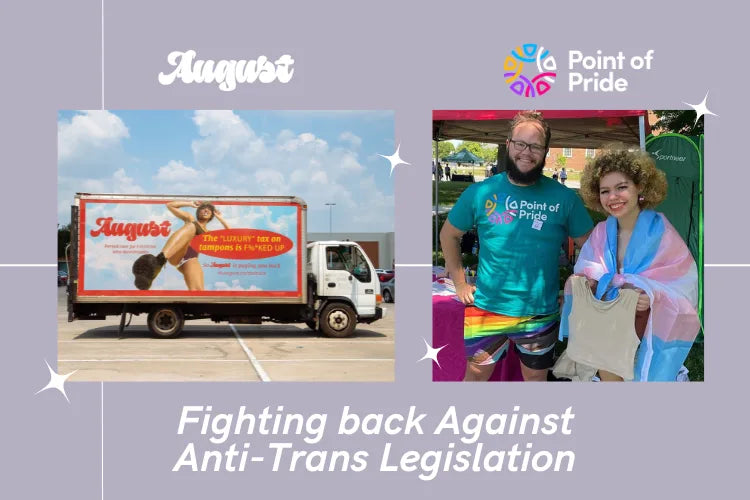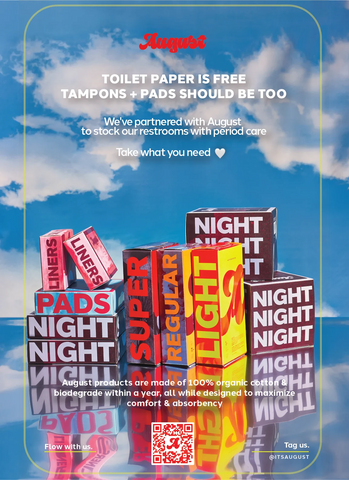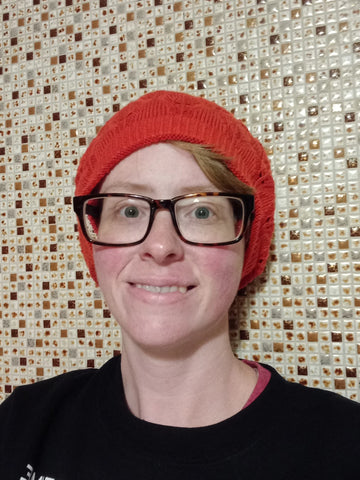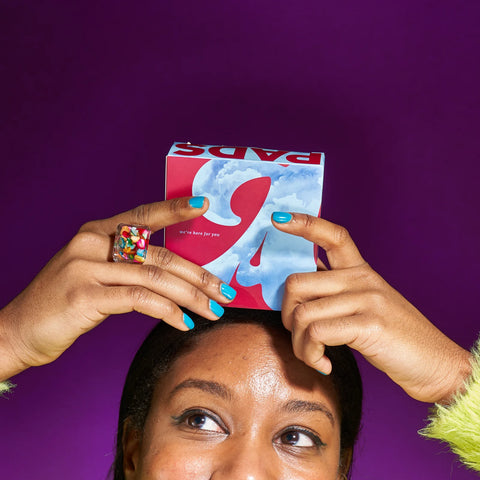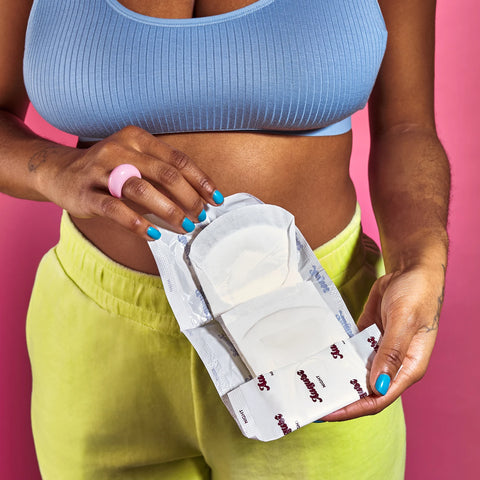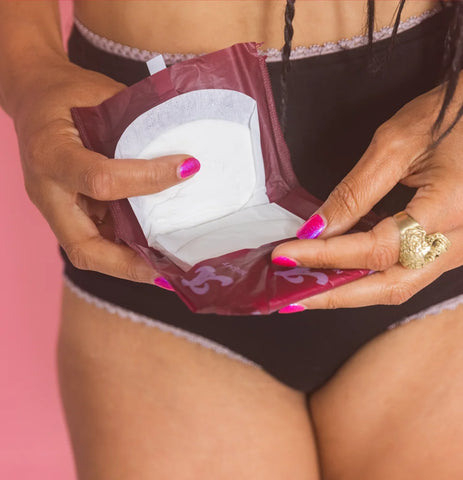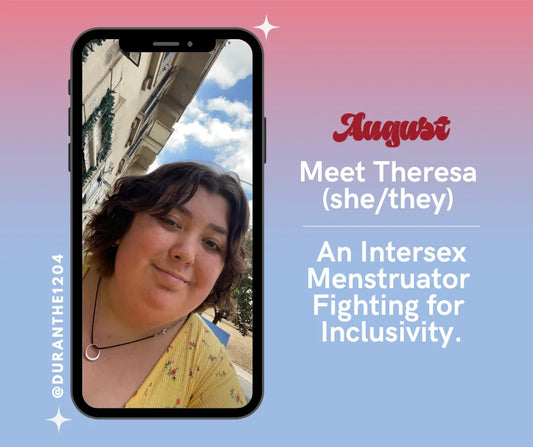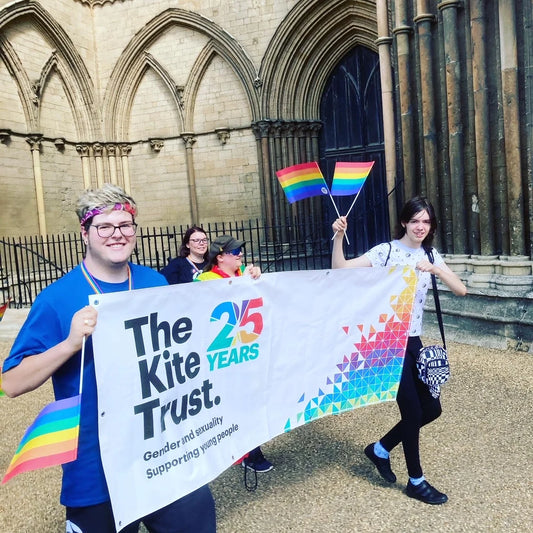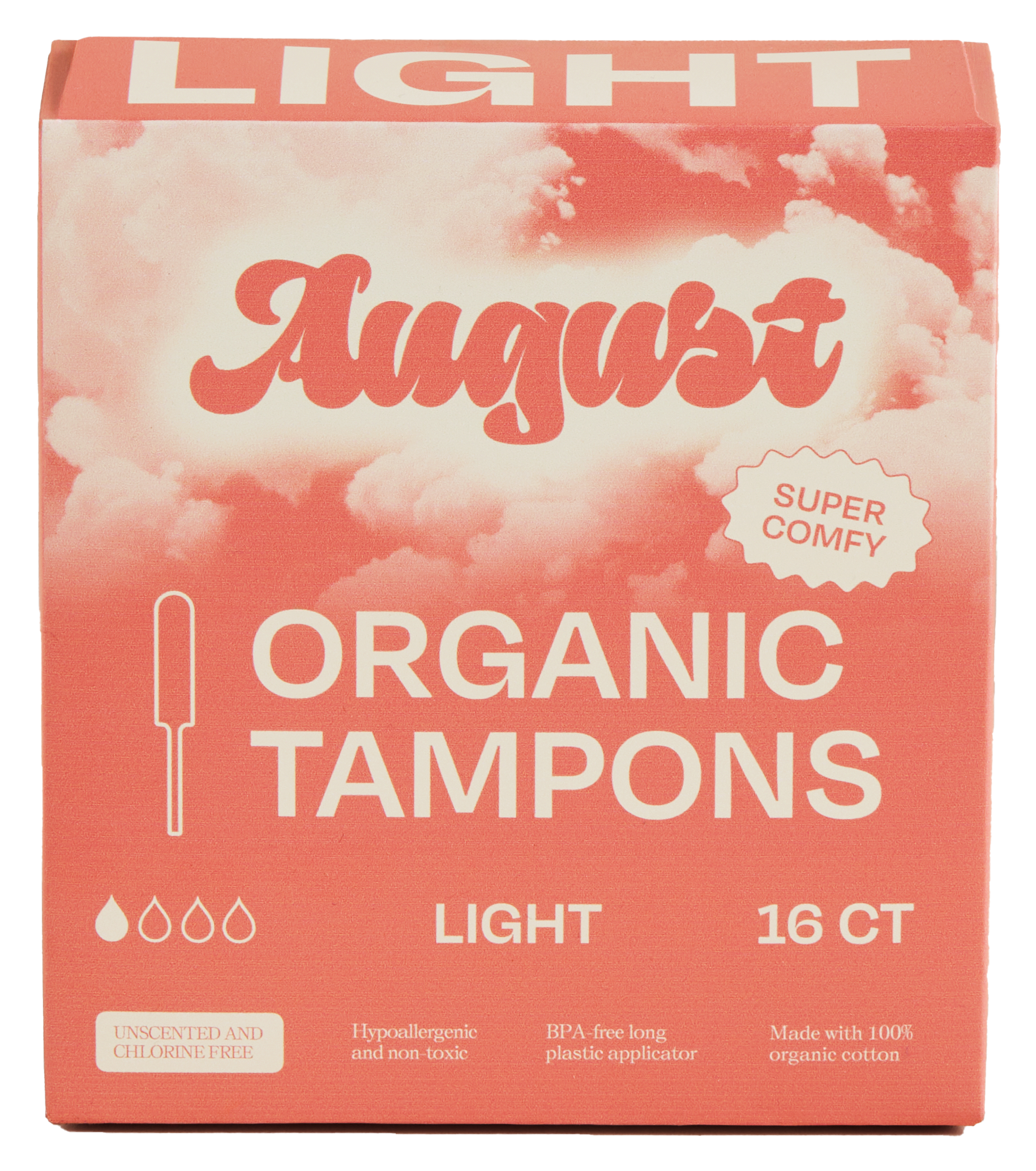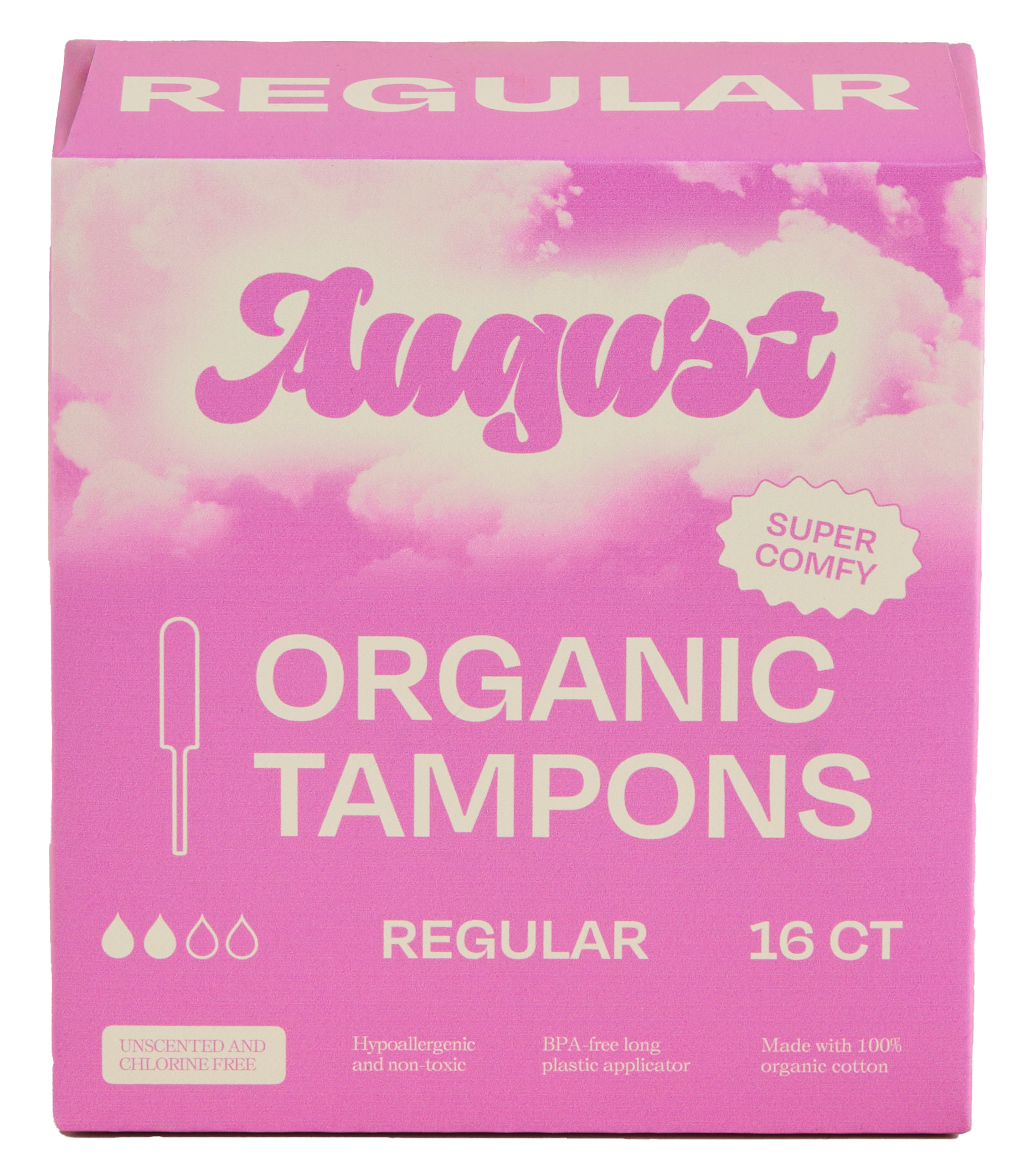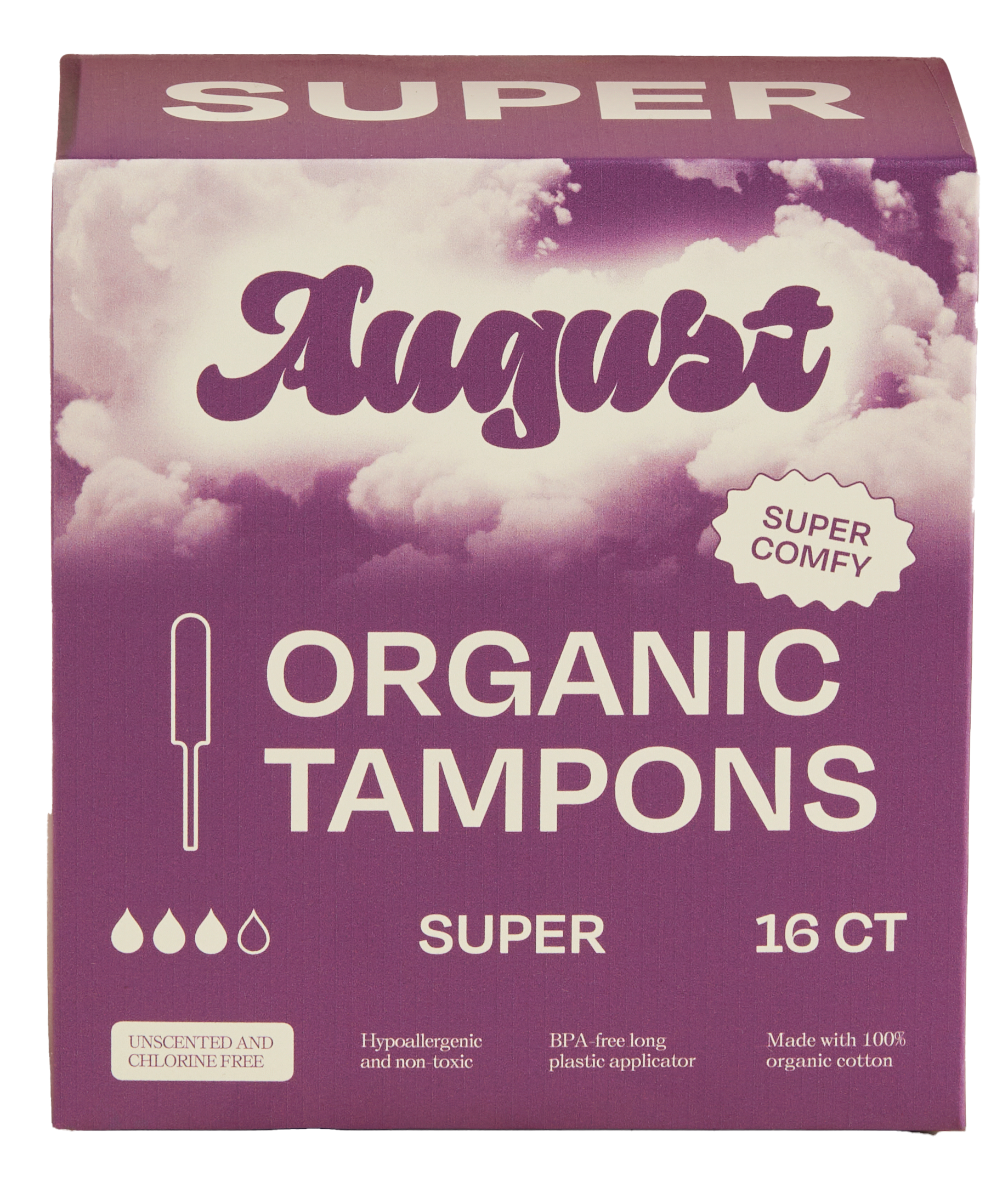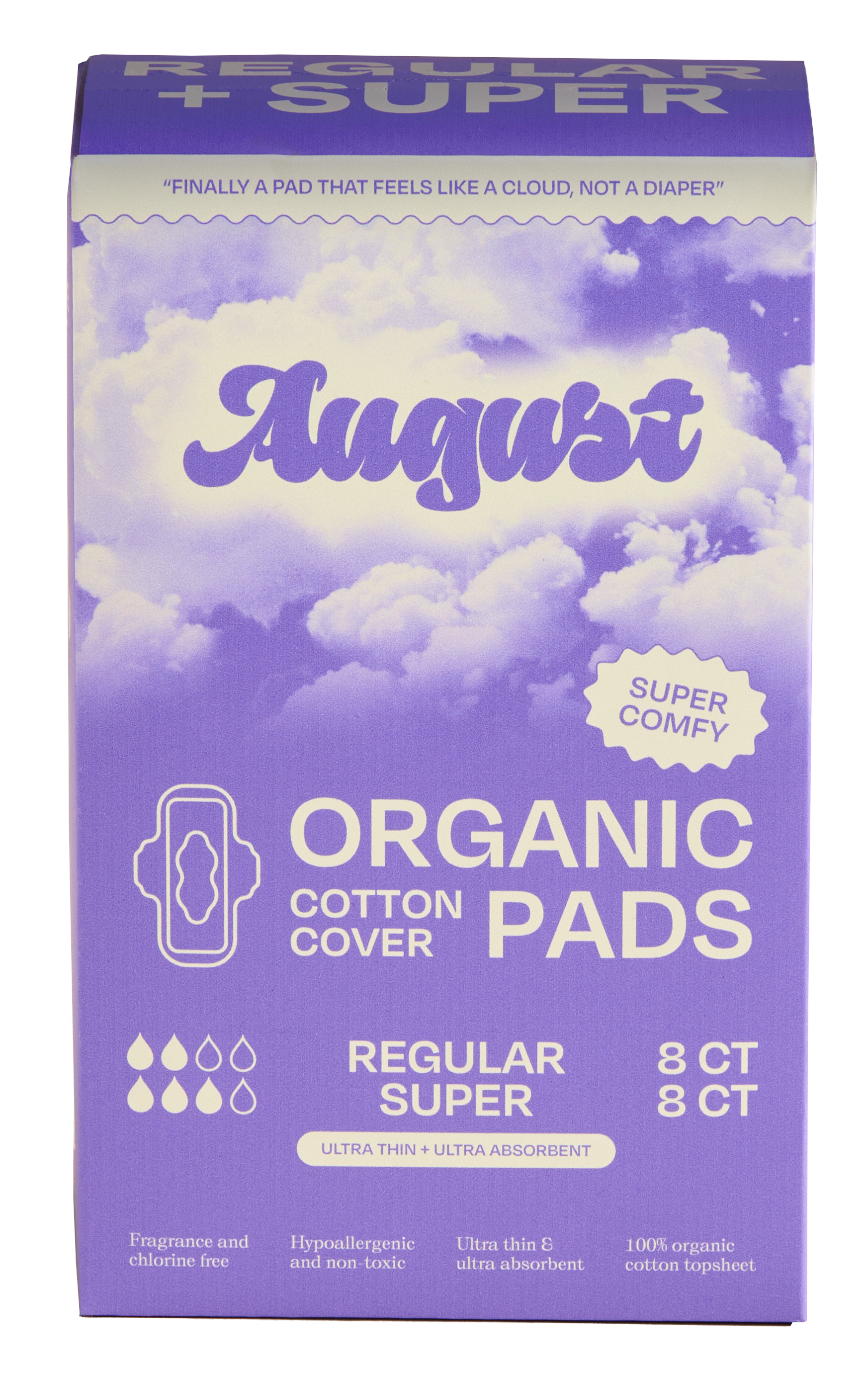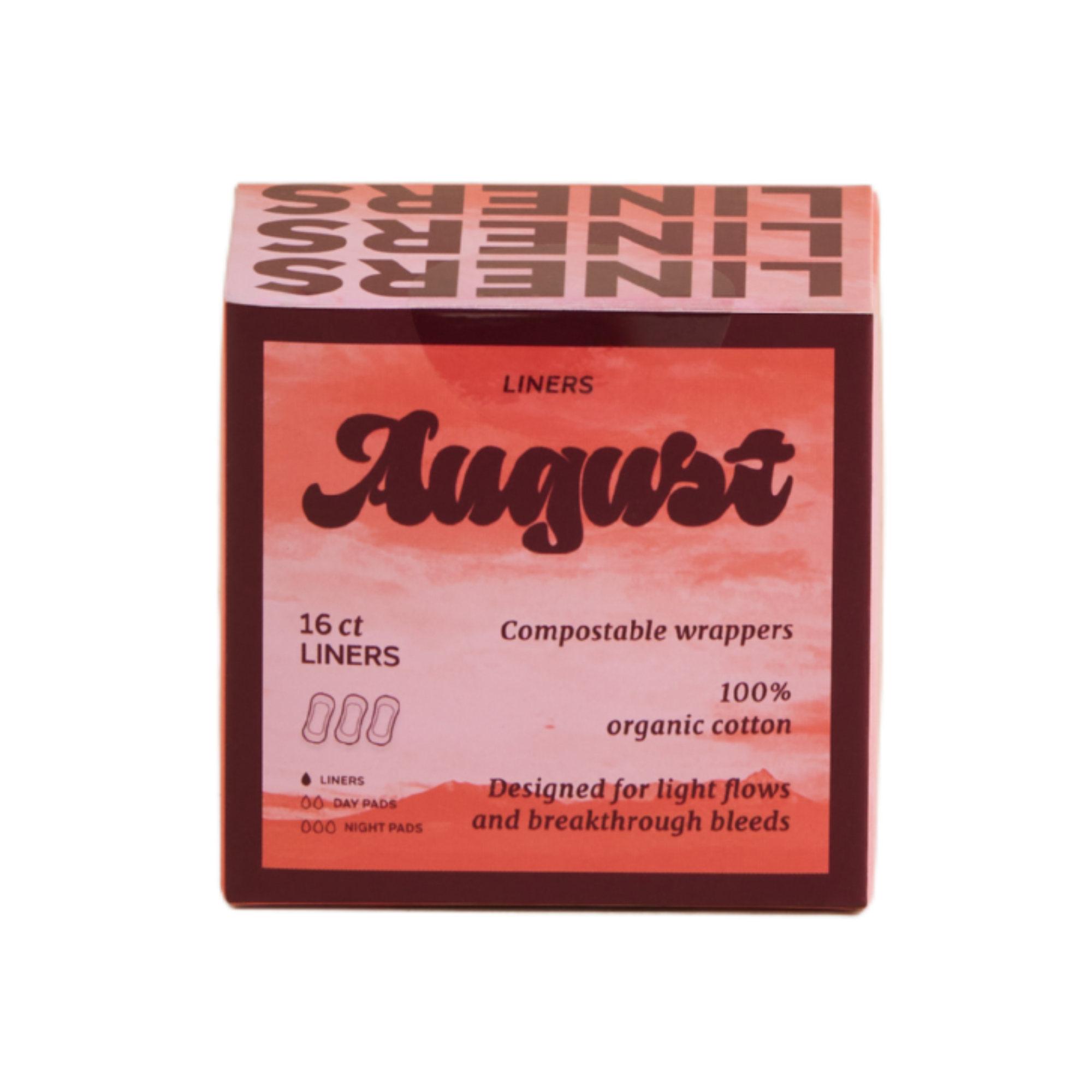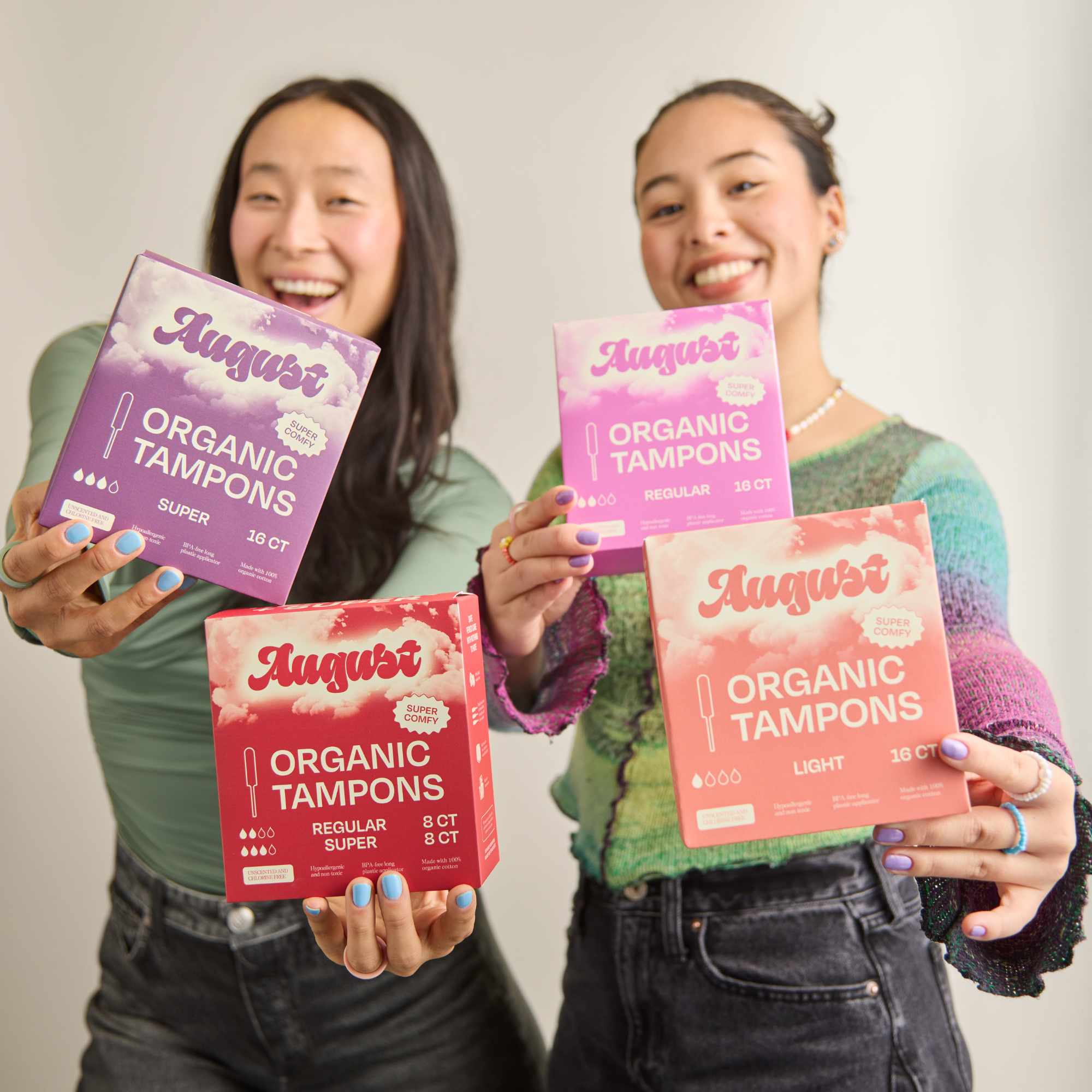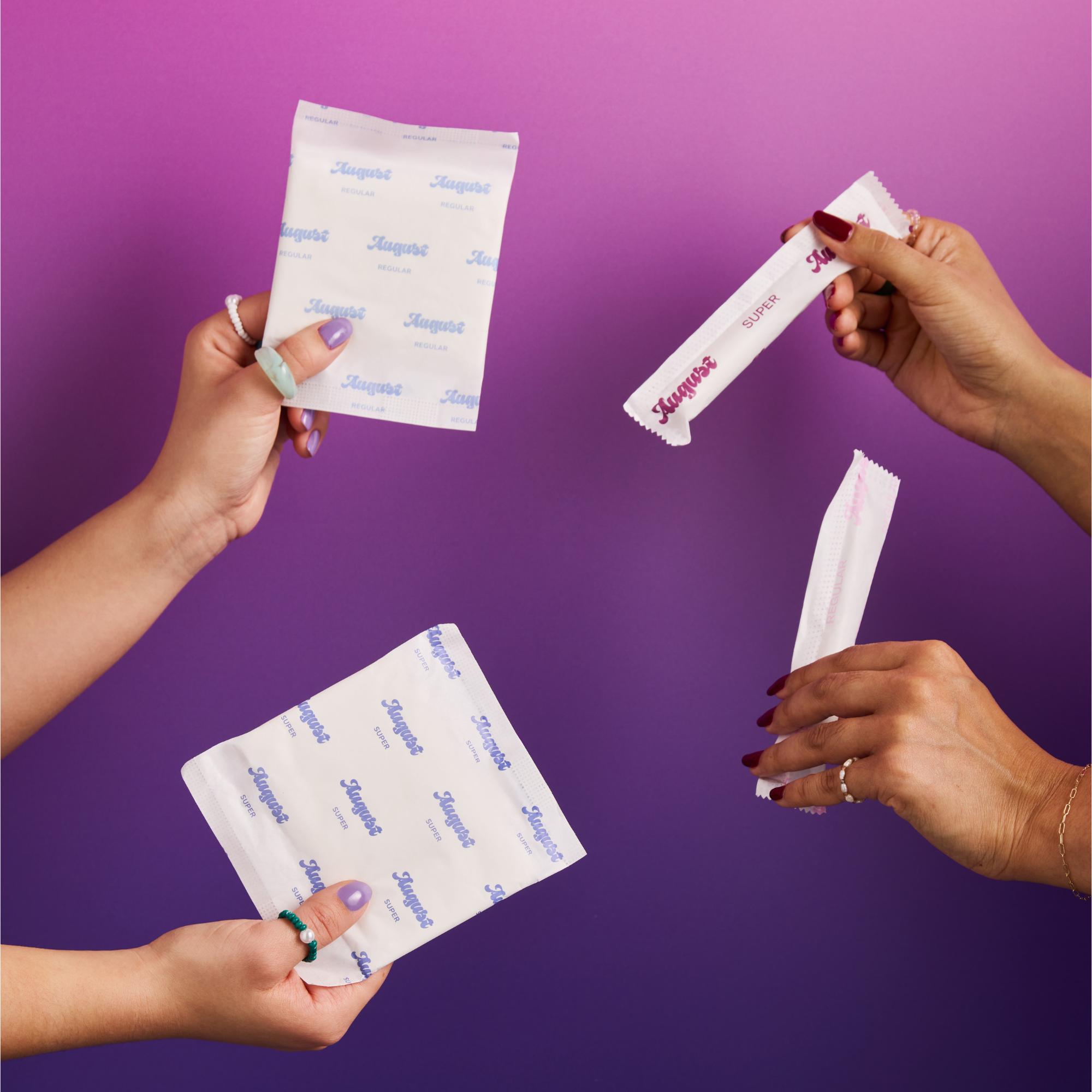More legislation targeting trans people's basic human rights has been introduced in recent months than in the preceding decades combined. Certain bills are attempting to limit access to healthcare and make it difficult to exist in public spaces and use bathrooms safely. Additionally, they seek to limit our right to have and raise children, as well as adjust our legal documents and pronouns.
Lawmakers, who have gained confidence from their attacks on trans youth and adults, are now extending their attacks towards the larger LGBTQIA2S+ community. They are proposing unconstitutional bans on drag, recognition of same-sex marriage, and other related matters. Some of these propositions have, or are in the works, to be passed.
These attacks aren't limited to transgender and gender diverse adults—youth are being targeted at an alarming rate and bills are passing every month to restrict their access to life-saving healthcare, ability to participate in children's sports, and more.
Track ongoing anti-trans legislation: TransLegislation.com; Human Rights Campaign; The Washington Post
5 Ways that YOU can Fight Back:
1. Stay educated and up-to-date:
- The Trans Formations Project: nonprofit dedicated to taking action against ongoing anti-trans legislative crisis in the US
- Chris Mosier: trans athlete and activist
- Erin Reed: journalist, activist, and content creator focused on LGBTQ+ justice, and human Rights
- TransLash Media & Podcast: covering trans stories to save trans lives
- Schuyler Bailar: trans athlete, educator, author and activist
- Folx Health: health and wellness resource for LGBTQ+ folks
2. Pay attention to your local politics:
- Know the agendas of your legislators and be prepared to stand up to them.
3. Support organizations that actually support the LGBTQ+ community:
- shop LGBTQ+ brands
- donate to organizations supporting LGBTQ+ people in diverse ways
- and consume Queer content!
4. Protect your peace
- Log off when you need to
- Focus on what’s in front of you
- Guided
- Meditation (TDOV-inspired version HERE)
5. Find your community.
- Connect & look out for the people in your inner circle.
- This month (and all year around), attend Queer events to find your community or to practice being a better ally!
Gender-Affirming Care Saves Lives.

Now more than ever, it’s important to highlight organizations working to protect the right to gender-affirming care and gender diversity.
Introducing Point of Pride…
Point of Pride is a non-profit organization that helps trans youth and adults access gender-affirming health and wellness support including:
- surgery funding
- access to HRT
- access to permanent hair removal services
- education about transgender health
- free chest binders
- and femme shapewear.
Point of Pride is one of August’s non-profit partners (Read more here)! At checkout on itsaugust.co/shop, select them and have 1% of your purchase donated to their mission.
So far, August has funded 194 chest binders/shapewear garments to gender non-conforming people via Point of Pride.
What is gender-affirming care?

Gender-affirming care refers to medical, psychological, and social support provided to trans, non-binary, and gender diverse people in order to align their physical and/or personal identity with their gender identity.
The goal of such care is to promote a person’s well-being and quality of life: to help them survive, and thrive, as their authentic self.
Examples of care range from medical interventions (including surgery and hormone replacement therapy) to changes in their physical presentation (including wearing a chest binder or femme shapewear).
There is no such thing as a full transition.
It’s important to note that transition is a highly individualized process, and not all transgender or gender diverse individuals may choose or have access to these types of care.
Why is gender-affirming care essential?

Answer from Jeff (he/him), Point of Pride’s Secretary and Co-Founder:
“Gender-affirming care changes, and sometimes saves, lives.
For those of us who have gender dysphoria – the discomfort experienced when gender identity does not align with their assigned sex at birth – access to care helps relieve that distress.
Additionally, it improves mental health outcomes by reducing depression, anxiety, and suicidal ideation for many people, and promotes an overall higher quality of life with higher reported rates of self-esteem and life satisfaction.
But importantly, access to gender-affirming care is rooted in the principles of autonomy and self-determination. By necessity, it recognizes that trans people are best positioned to understand our gender and the steps we need to take to align our physical appearance with our inner sense of self – that we can make informed choices about our healthcare needs, our bodies, and our lives.”
Reflections on Gender “Affirming” Health Care
We recently had a conversation with one of August’s advisors, Rocco (he/him), the founder of Folx Health who brought up this question: “Should we really be calling it “gender affirming care? Why do we need anyone to affirm my gender – it’s MY gender.”
I called upon Jeff (he/him) from Point of Pride to see what he thought:
“That's an interesting thought to consider! When I was first coming out, the terminology at the time was ‘gender confirmation.’ That language felt so external, as if I needed outside healthcare professionals to be the ones who could approve who I knew myself to be.
Part of why I personally like the term "affirm" is because for me, it feels like it originates within me. When I make decisions about the healthcare I need or how I present myself to the world, I affirm myself and my gender to the world – not the other way around.”
The important thing to remember when it comes to language inclusivity of ANY kind is to listen to the person it’s coming from. Every body is unique; and so is their identity, their experience, and their preferences.
Gender affirming care can also come in the form of day-to-day items like period products.

For a lot of transgender people, getting a period can be a dysphoric experience. This is because, historically, periods have been strictly attached to women, even though they’re a biological experience, detached from gender.
Sex and Gender are not the same thing, despite what many people think.
- Gender is the expression of oneself along the gender spectrum using socially constructed roles, behaviors, and other norms.
- Sex is categorized based on biological attributes.
Period products tend to be stereotypically gendered (i.e. flowers, pinks & purples, femme-presenting ads, etc.). August has made it part of our core mission to create gender-inclusive period care for ANYONE who menstruates.
Something that the August community likes to remind people is that: “Not all women menstruate, and not all menstruators are women.” Just because you’re a woman doesn’t mean you get a period, you could…
- Have gone through menopause, so no longer get a period
- Be a trans woman without a uterus
- Lost your period due to diet or exercise
- Had a hysterectomy therefore your uterus was removed
And many different people and identities can get a period, including:
- Women and girls in their reproductive years
- As well as trans men, non binary people and other GNC individuals
Support Point of Pride when you checkout from our website!

1% of your purchase will be donated back to Point of Pride and the work that they do to provide gender-affirming care across the U.S.
Follow @pointofprideorg and @itsaugust to keep up with their missions!
Education is key.
We want our community to be as educated as possible about gender literacy – especially considering the recent attacks on trans youth & healthcare in general.
Get FREE access to gender literacy training (LaneChanger): SIGN UP HERE
LaneChanger was created by Schuyler Bailar, one of August’s advisors and is perfect for allies looking for understanding but also perfect if you yourself need the language to come out as trans!
